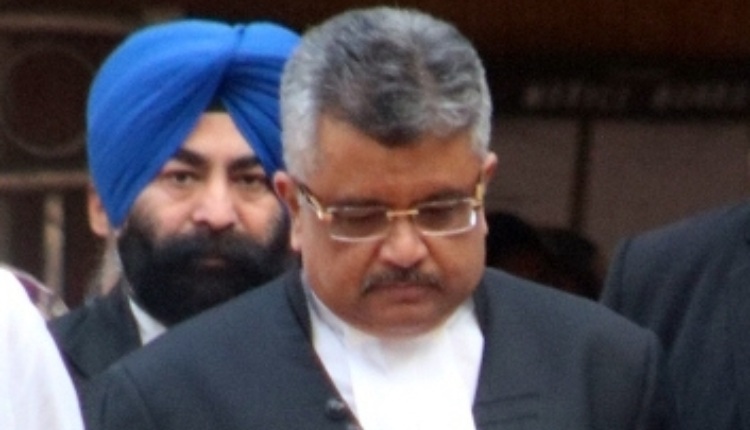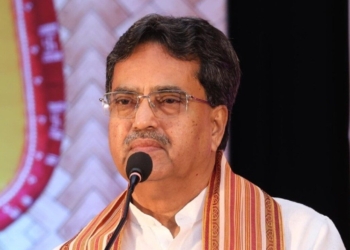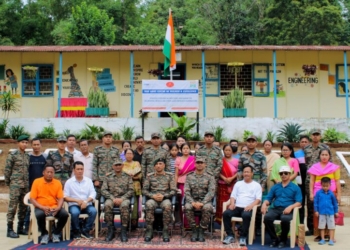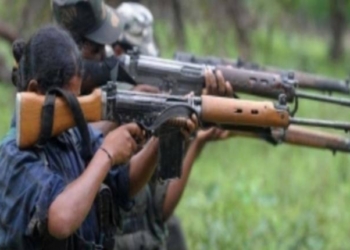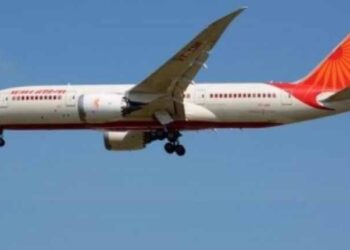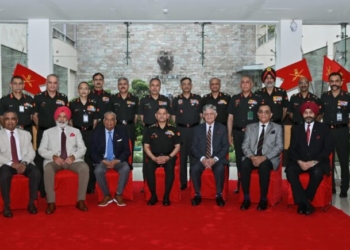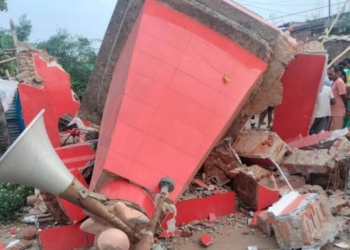New Delhi: The Gujarat government on Monday told the Supreme Court that there were serious doubts about the locus and motive of the petitioners in a matter connected with the alleged fake encounter cases in the state, between 2002 and 2006.
Solicitor General Tushar Mehta, representing the state government, contended before a bench comprising justices S.K. Kaul and A Amanullah that petitioners were not concerned about encounters, which occurred in other states but they are only focused on Gujarat and added, “There are serious doubts about the locus and motive of the petitioners…”
The state government also conveyed its apprehension regarding sharing the material with the petitioners. Mehta queried, whether these documents should be shared with strangers?
The top court was hearing two separate pleas filed in 2007 by senior journalist BG Verghese, who died in 2014, and noted lyricist Javed Akhtar and Shabnam Hashmi. The petitions sought a probe into the alleged fake encounters.
The apex court in 2012 appointed justice H.S. Bedi, former apex court judge, to head the monitoring committee for overseeing the investigations by special task force (STF) into instances of alleged fake encounters in Gujarat. The committee’s report, which was submitted in 2019, held three out of 17 encounters investigated by the STF were prima facie fake.
In January this year, the apex court had recorded in its order that it emerged that ultimately the issue now revolves around three encounters. The committee had recommended prosecution of police officials in three cases.
On Monday, advocate Prashant Bhushan, representing one of the petitioners, submitted that the state has not done anything. Contesting this argument, Mehta said investigation or inquiry was held under the Code of Criminal Procedure (CrPC) and pressed that no material should be shared with the petitioners.
The bench asked the state government, what is its stand on the report. Mehta replied that he has to say something on the report and urged the court to hear the state government on whether the material could be shared with strangers.
Citing earlier judgment of the top court, Bhushan said it laid down detailed guidelines on how things have to be done in cases of fake encounters.
Referring to Akhtar, Mehta said one of the petitioners lives in Maharashtra, where encounters had also taken place but he is not bothered with it. He stressed that these are selective public interest litigations and “I am going to oppose their locus.”
Bhushan submitted that the apex court had asked a former judge of this court to carry out the inquiry and the report says three encounters appear to be fake. He insisted on the registration of an FIR and a probe by some independent agency.
After hearing submissions, the bench said the state government has some reservations on sharing the material and the court would have to address this issue, and scheduled the matter for further hearing on July 12.
The top court also noted that the state government has submitted that encounter-wise materials have been segregated but they have reservation on sharing it with the petitioners.
(IANS)



